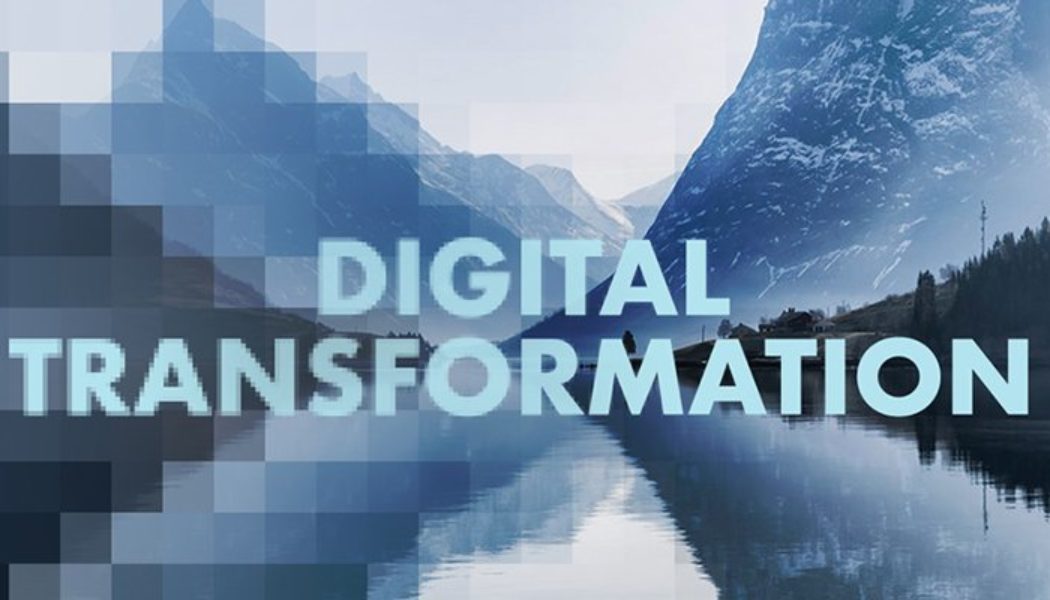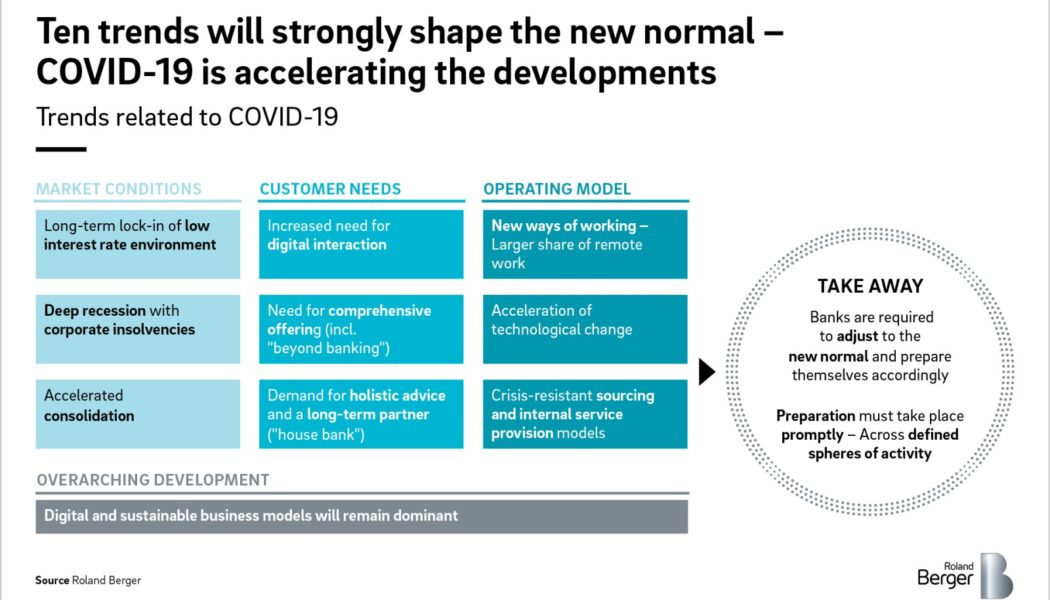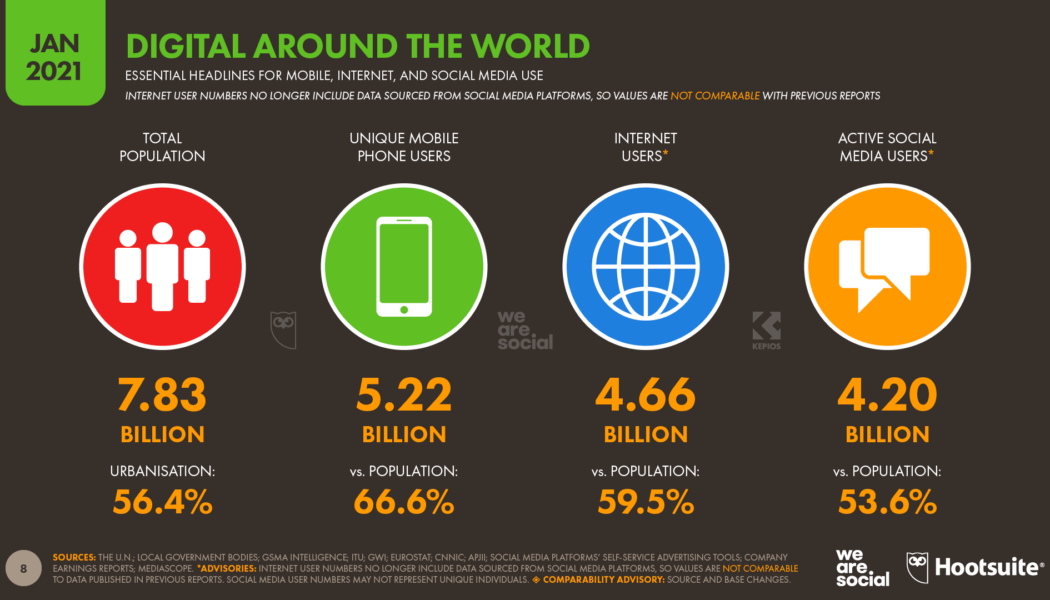digital transformation south africa
The Mindset Needed for a Successful Digital Transition
Digital transformation is not a new concept, and South African businesses have steadily evolved and increased their inclusion of digital tools over time, with a faster influx happening over the past three years. The adoption rate has accelerated due to the pandemic. Businesses were forced to adopt new ways of working, and digital transformation forms part of that. In some industries, readily available client options have increased as internet speed has also improved. But how do companies determine what kind of digital intervention is needed for their business and who to partner with? According to Ian Nel, Strategic Planning & Programs Director at Canon Southern Africa, it comes down to people, process and then technology. “Digital adoption starts with understanding the needs of the env...
Digital Transformation in South Africa – The Future is Bright for Healthcare Innovation
The last two years have awakened many people across the globe to the benefits of digitization, with the pandemic effectively working as an accelerant growing the importance of the digital transformation of the healthcare industry in particular. It makes sense that healthcare continues to be one of the most continuously evolving industries in the world. No longer are doctors prescribing broad-spectrum medicines to treat generic illnesses. Nowadays, and especially after the pandemic of the last two years, we are entering a time of personalised medicines and m-health (mobile health), a time of telehealth and robot surgeons, and along with this we are seeing the rise of consumer-focused digital pharmacies, pharmacies that are allowing patients to access healthcare virtually and order medicatio...
How Co-Creation Will Address the Urgent Need for Digital Transformation in SA
Ria Pinto, General Manager and Technology Leader – IBM South Africa. While organisations in South Africa cannot be entirely ready for the next crisis – to better prepare for future threats requires new way of driving flexibility and delivering innovation. With the rapid changes we’ve witnessed over the past two years, organisations in South Africa now realise they have to be flexible and transform quickly during the next crisis and that this requires collaboration, flexibility and urgency. Key to this approach is adopting and accelerating co-creation and agile ways of working. While digitisation was important before COVID-19 disrupted the world as we knew it, now, it’s non-negotiable. Now, organisations have no doubt that technologies like hybrid cloud and AI are not optional, but essentia...
The 2 Challenges that SA’s “Culture of Digitalisation” Faces
Image sourced from Harvard Business Review. Technology is only successful if it is used. And today, business leaders in companies around the world need to shift from a tech-centered view of digitalisation and start considering how to nurture a culture that embraces technology wholeheartedly. This shift is becoming increasingly urgent because mobilising teams, channeling resources, and accelerating learning and development doesn’t happen overnight, but on the other hand, disruption can strike fast. It’s better to be ready and adaptable to the future, both resource-wise and also culturally, than risk being unable to compete. Many early adopting businesses are already some way down this path, for instance automating processes to improve product and service experiences, maintain business conti...
There’s Only 1 Option Left for SA’s Transport Sector
Image sourced from MSI.org. The transport sector’s only option to keep up is through digitalisation, Gautrain Management Agency (GMA) COO Tshepo Kgobe told delegates attending the Huawei Connect 2021 Transportation Summit held in the midst of Transport Month in South Africa. This is as rapid population growth and increased urbanisation will continue to have significant impacts on South Africa’s transport infrastructure as freight and passenger transport demand rise. A GMA study conducted in 2019 found that by 2025 Gauteng’s roads would be so congested that traffic on the freeway would slow down to 10 kilometres an hour. This means that it will take four hours to travel from Pretoria to the city centre in Johannesburg. “The transport sector needs to heed the call for digitalisation within t...
Are Customers Still Connected to Your Business in this Digital World?
Image sourced from ITA Group. The way we communicate socially has changed, thanks to social media and mobile technology. For many, this has also translated to changes in the way we communicate professionally. Digital has removed the typical boundaries associated with geography and time zones, and people expect to be able to use new communication channels not only with their friends but with the businesses they interact with too. Businesses need to embrace these new digital channels, including instant messaging platforms like WhatsApp, so that they can continue to be connected to their customers in a digital world. Digital Transformation Drives Connectedness The increasing usage of and reliance on digital technologies brings a variety of changes in both business and society. As enterprises ...
3 Crucial Reasons Why Financial Services Need to Accelerate Digital
Image sourced from Planful. “Go digital or go dark” – Companies that fail to heed this advice, irrespective of sector, run a great risk in the age of technological revolution. Consumers prioritise convenience and will often not see the need to step out of their houses to use a service that could be achieved with a few taps on their phones. Add to that a pandemic that has led to even further restrictions and the need to embrace digital ways of doing business becomes clearer. Historically, digital transformation has been a process that happens over the course of several years. COVID-19 has dramatically accelerated that timeline. Companies were forced to adapt in order to survive, with financial services having to evolve quicker than most. That’s because every business relies on payments and ...
Gijima’s Shubna Harilal Talks Women in Tech, Digital Transformation and Tech’s Next Big Thing
We use cookies on our website to give you the most relevant experience by remembering your preferences and repeat visits. By clicking “Accept All”, you consent to the use of ALL the cookies. However, you may visit “Cookie Settings” to provide a controlled consent. You Deserve to Make Money Even When you are looking for Dates Online. So we reimagined what a dating should be. It begins with giving you back power. Get to meet Beautiful people, chat and make money in the process. Earn rewards by chatting, sharing photos, blogging and help give users back their fair share of Internet revenue.
Challenges Faced in South Africa Haven’t Stopped Its Race to Join a Digital Future
The health of the IT landscape in South Africa and the country’s position in both the continental and worldwide markets could come into question. But we really need to be looking within our borders as to how South Africa will fare in the long run and how the tech sector can aid in a more positive outcome. South Africa’s Race to Join the Digital Global Village The race is on. South Africa has been slow to adopt technology in the past, but due to COVID-19, we’ve seen improved connectivity, digital competition, and more and more evidence that we are part of a global village. This has opened us up to massive opportunities outside the borders of South Africa and created a huge number of jobs in the local technology sector. Regardless of what sector, most organisations, including those in South ...
How Close Are We to an Inclusive Internet in South Africa?
Sourced from Getty Images. The Internet has changed our lives, transforming the way we work, learn and have fun. During the pandemic, network traffic increased between 25% and 45%: 100 countries adopted confinement plans, 1.2 billion students switched to online learning and 60% of companies had more than half of the employees work remotely. Remote Work Leads to Better Productivity in Digitally Transformed Companies According to Remote Working in South Africa 2020, a study conducted among 400 enterprises by World Wide Worx for Cisco Systems, the shift to remote working led to improved productivity for only 29% of companies, in general. However, among companies that had already fully rolled out digital transformation strategies, productivity leapt by a massive 70%. Globally, the internet wen...
- 1
- 2

















